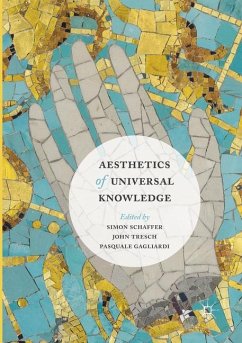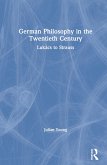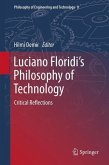Born out of a major international dialogue held at the Fondazione Giorgio Cini in Venice, Italy, this collection of essays presents innovative and provocative arguments about the claims of universal knowledge schemes and the different aesthetic and material forms in which such claims have been made and executed. Contributors take a close look at everything from religious pilgrimages, museums, and maps of the world, to search engines and automated GPS.
Current obsessions in information technology, communications theory, and digital culture often concern the value and possibility of a grand accumulation of universally accessible forms of knowledge: total libraries, open data bases, ubiquitous computing, and 'smart' technologies. These obsessions have important social and philosophical origins, and they raise profound questions about the very nature of knowledge and its organization. This volume's contributors draw on the histories of maps and of encyclopedias, worldviews and visionary collections, to make sense of the crucial relation between the way the world is known and how it might be displayed and transformed.
Current obsessions in information technology, communications theory, and digital culture often concern the value and possibility of a grand accumulation of universally accessible forms of knowledge: total libraries, open data bases, ubiquitous computing, and 'smart' technologies. These obsessions have important social and philosophical origins, and they raise profound questions about the very nature of knowledge and its organization. This volume's contributors draw on the histories of maps and of encyclopedias, worldviews and visionary collections, to make sense of the crucial relation between the way the world is known and how it might be displayed and transformed.








